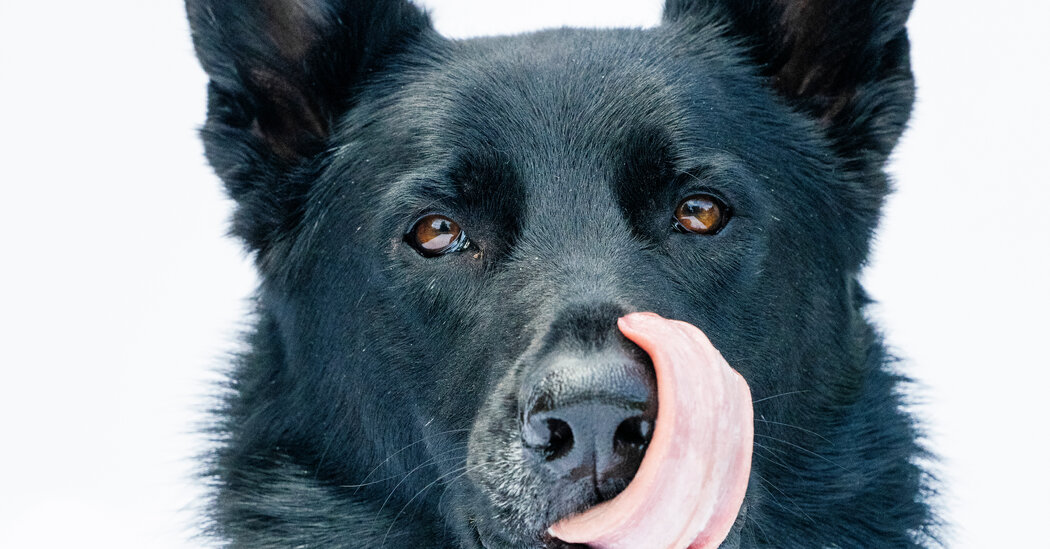These early studies “highlighted both the potential that we could learn from dogs, but also that we were going to need bigger sample sizes to do it really well,” said Elinor Karlsson, a geneticist at UMass Chan Medical School and the Broad Institute. And so, researchers began creating large citizen science projects, seeking DNA samples and data from dogs across the United States.
Pet owners rose to the challenge. The Golden Retriever Lifetime Study, which began recruiting in 2012, has been following more than 3,000 dogs in an effort to identify genetic and environmental risk factors for cancer, which is especially common in the breed. Since 2019, the Dog Aging Project, a long-term study of health and longevity, has enrolled nearly 50,000 dogs.
Dr. Karlsson’s own project, Darwin’s Dogs, is at 44,000 canines and counting. (Some 4,000 have had their genomes sequenced.) Researchers are mining the data for clues about bone cancer, compulsive behavior and other traits. Among the early findings: Although many behavioral traits, such as sociability and trainability, are heritable, they are widely distributed across the canine kingdom, and breed is a poor predictor of an individual dog’s personality.
This spring, Dr. Karlsson unveiled a much-anticipated expansion: Darwin’s Cats. “I’m a total cat person — have never owned a dog,” she said. Later, in an email, she added, “I’d love to know if ‘cat sleeps on your head’ is influenced by genetics.”
Data drivers
These projects were made possible as genomic sequencing got faster and more affordable. But the “tremendous enthusiasm” of pet owners has been integral, said Dr. Ostrander, who now leads the Dog10K project, an effort to build a comprehensive global catalog of canine genetic diversity.

